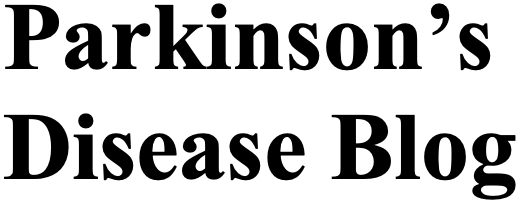Parkinson’s disease self-care
2/3/24, 10 mins reading
Parkinson’s disease is a neurodegenerative disorder that affects both motor functions and non-motor functions. Developing a good habit and lifestyle of diet, drinking, and exercise will equip PD patients with so much leverage in dealing with Parkinson’s disease, here are some lifestyle recommendations for those who are living with Parkinson's disease.
Food People always ask: Are there dopamine foods for Parkinson's disease, what foods produce dopamine? The answer is Yes. To produce dopamine, your body needs two key amino acids: tyrosine and phenylalanine, both of which can be obtained from protein-rich food resources, these foods include:
Nuts and seeds: peanuts, walnuts, almonds etc
Fruit and vegetable.
Berries and beans
All animal products.
Fish and egg.
Milk, cheese, and yogurt.
Dark chocolate.
Drinking:
Tea. tea has a positive impact on Parkinson’s disease. Studies have found that consuming a moderate amount of both black or green tea could lower the risk of Parkinson’s disease although no apparent dose-response relationship was found. In addition, tea drinking can also improve cognitive function or alleviate the progress of Parkinson’s disease.
Coffee. Caffeine is another agent that has a positive impact on Parkinson’s disease. Multiple studies have reported of positive relationship between coffee consumption and reduced risk of Parkinson’s disease. More importantly, Caffeine provides neuroprotection and also offers protection for motor and non-motor symptoms. It is believed that Caffeine offers protection by mediating with the adenosine A2A receptor (A2AR) in the brain. In 2004, the FDA even approved the use of the A2AR antagonist istradefylline as off-time PD medication.
Alcohol. As far as alcohol is concerned, there has been no consensus on alcohol’s impact on Parkinson’s disease overall. In theory, any amount of alcohol consumption will put an extra burden on the brains of Parkinson’s disease patients. However, it is believed that a mild or moderate consumption of alcohol is beneficial to Parkinson’s disease, and a heavy consumption of alcohol will, on the contrary, hurt the brain. All in all, further studies are needed to make any definitive assessments of the impact of alcohol on Parkinson’s disease.
Exercise As for a movement disorder, exercise plays an extremely important role in improving symptoms and the standard of daily living for Parkinson’s Disease patients. Not only will exercise enhance motor symptoms such as muscle stiffness, coordination, and balancing ability, etc but also will help enhance non-motor symptoms such as depression, anxiety, sleep disorder, etc. Here are four key types of exercise that are helpful for Parkinson’s disease patients.
Aerobic exercise (High intensity) with treadmill, and stationary bike. Among all types of exercises, aerobic exercise is the most critical type for improving patients’s general health and motor functions. The impact of treadmill on improving Parkinson’s Disease patients has been well documented in this study: Exercise on motor symptoms
Coordinate and Balance training with Tai chi, dancing, and Yoga.
Straightening training with boxing. Walking is another way to improve body straightening ability
Flexibility training with stretching, and swimming.
In summary. Managing Parkinson’s disease needs collaboration and commitment from both Patients and professionals. A healthy, effective, and efficient self-care plan and implementation by patients themselves would be enormously conducive to this management and ultimately helpful to improve the living standards of PD patients.

